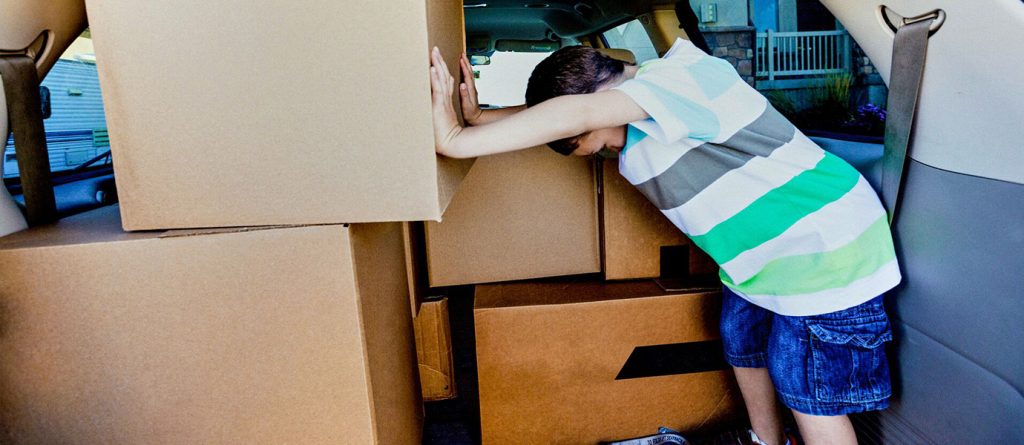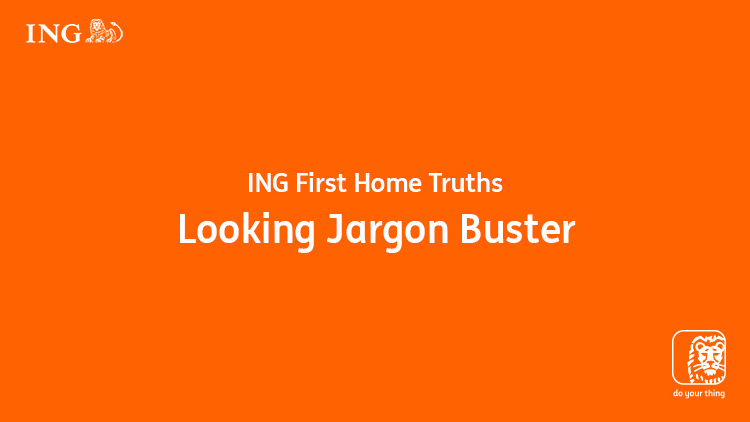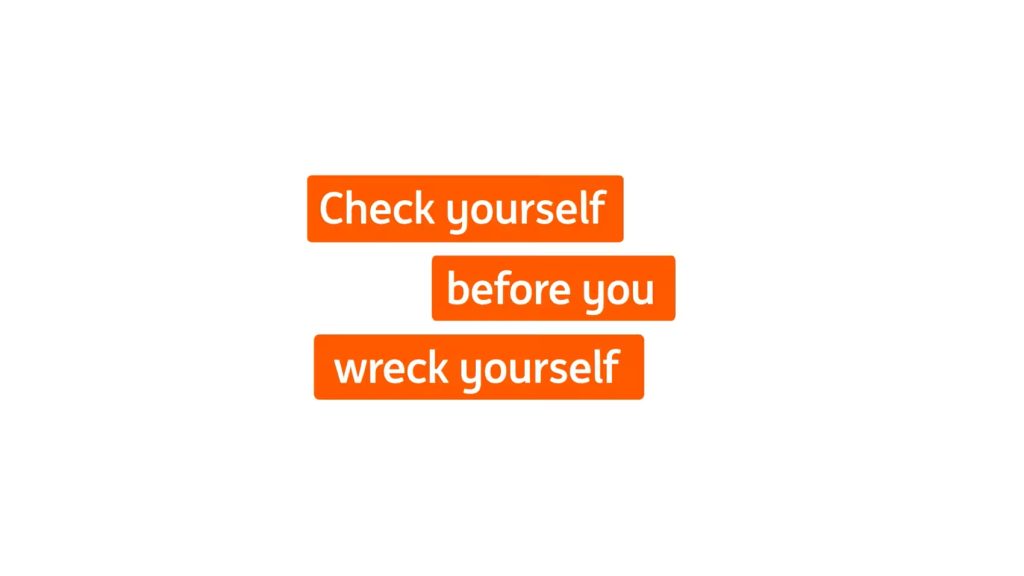Getting real about home-buying costs

Top of the list of things you’re paying for as a first-home buyer is the property itself (of course). But there are a few other reasons to whip out your spreadsheet or jump on to the ING buying costs calculator – you’re going to want to budget for some of the other costs before you bid or buy.
What your calculator spits out will indicate how much you’ll need to save for your first home on top of your deposit. And it could also affect how much you can afford to pay for the property, since you’ll need to take into account the other costs involved (like stamp duty, conveyancing costs and a strata report, if applicable).
So, what are all these costs? Let’s dig into the main ones that come with buying your first home.
The deposit
Ah! The thing all first-time buyers work towards. It’s kind of a big deal, but how much do you really need for a deposit? To start figuring it out, you need a ballpark idea of the price of the property you’re hoping to buy. Got that number? Okay. Your savings goal should start at 5% of that.
But that’s kind of the baseline. Most advice you get will recommend 20% as the magic number for a deposit. With a more substantial deposit like this, you won’t have to borrow as much or pay lenders mortgage insurance (LMI). More on LMI in a sec. But saving 20% isn’t realistic for many of us, so don’t stress too much if you’re aiming for 5% – or something in the middle.
Stamp duty
Stamp duty is a government tax that is usually the biggest upfront cost you’ll have to pay when you’re buying a home. It can run into the tens of thousands of dollars. For most home buyers, stamp duty is unavoidable, but you might be eligible for a discount or an exemption, depending on your State and the type and price of the property. If you can’t afford both a 20% deposit and stamp duty, your lender might increase your loan to let you pay a smaller deposit so that you can put your money towards covering the stamp duty. But if you buy a home with a smaller deposit (say, 5%), the lender will likely also require you to pay for LMI, so keep that in mind (can be a one off payment upfront or paid off in installments). Check out our stamp duty calculator to get an idea of what you might have to pay.
Conveyancer or solicitor fees
Unless you’re experienced in the game, you’re going to enlist the help of a conveyancer or solicitor to prepare documents for you to sign and to complete the settlement on your new home. Generally, a conveyancer (a professional with detailed knowledge of property law, but not a lawyer) is cheaper than hiring a solicitor with specific experience in property law. It’s a good idea to shop around to find someone you’re happy with. Ask for a quote upfront, compare your shortlist and then narrow down your options.
Pre-purchase inspections
You want to make sure your first home is exactly what you fell in love with when you first saw it. Before committing to buy, it’s wise to do various inspections, like getting a building inspector to check for structural integrity or other issues with the building and a pest inspector to look for evidence of termites or other pesky pests – especially if the home has plenty of history. There will sometimes be a pre-auction report that includes this handy info (grab this from the real estate agent), or you can organise your own.
If you’re going for an apartment or townhouse, get your hands on a strata report. This will give you the lowdown on all the body corporate business, like how the building is managed, any maintenance issues, any by-law bothers – and even the goss on your future neighbours’ stinky bins.
Lenders mortgage insurance (LMI)
LMI is something you’ll have to pay if you need to borrow more than 80% of the property’s value. It is calculated by your lender and depends on both how much you borrow and the size of your deposit. If you haven’t factored it in, don’t worry: many lenders let you add it on to your home loan, but it still pays to know what you’re up for. If you do add LMI to your loan, here’s an FYI: you’ll pay interest on any cost you add to your home loan, like LMI, for the term of the loan. Adding a cost like LMI to your loan also means you’ll be contributing less of your loan amount to the price of the property.
Bank (or lender) fees
Interest isn’t the only additional cost you’ll be paying on your home loan – there are bank fees (sometimes known as lender fees) to account for too. You’ll likely front up an application fee when you get started, plus there may be ongoing monthly or annual fees on your home loan – just like the ones you might’ve experienced with most bank or credit card accounts. These are the common fees, but every bank or lender is a little different.
Home insurance
To protect your happy home and possessions, you’ll want to get insurance. If you’re in a strata arrangement, generally speaking your building is insured and insurance is organised by the strata. Premiums are paid for through your strata levies. It’s a good idea to make sure you check what is covered under the strata policy itself. Getting both home and contents insurance is always a good idea. The ‘home’ part covers the building itself, like if the roof flies off in a storm or a tree falls on the shed. The ‘contents’ part covers your belongings in case a burglar fancies taking your stuff.
The property is yours from the moment of settlement, so get your insurance sorted by then, even if you’re not moving in for a while. (By the way, we offer both these types of insurance, so feel free to browse your options with us.)
Moving costs
If you’re going to be living in the property you buy – as opposed to renting it out as an investment – and you don’t have a bunch of burly mates to give you a hand with boxes, you’ll need to factor in the cost of removalists. Do you have to buy furniture or appliances for the new place too? All these costs should get a line in your budget to help you plan for every possibility.
Important Information
The information is current as at publication. Any advice on this website does not take into account your objectives, financial situation or needs and you should consider whether it is appropriate for you. Deposit products, savings products, credit card and home loan products are issued by ING, a business name of ING Bank (Australia) Limited ABN 24 000 893 292, AFSL and Australian Credit Licence 229823. All applications for credit are subject to ING’s credit approval criteria, and fees and charges apply. You should consider the relevant Product Disclosure Statement, Terms and Conditions, Fees and Limits Schedule, Financial Services Guide, Key Facts Sheet and Credit Guide available at ing.com.au when deciding whether to acquire, or to continue to hold, a product.
Buying costs calculator
The results from this calculator should be used as an indication only. Results do not represent either quotes or pre-qualifications for the product. Individual institutions apply.





